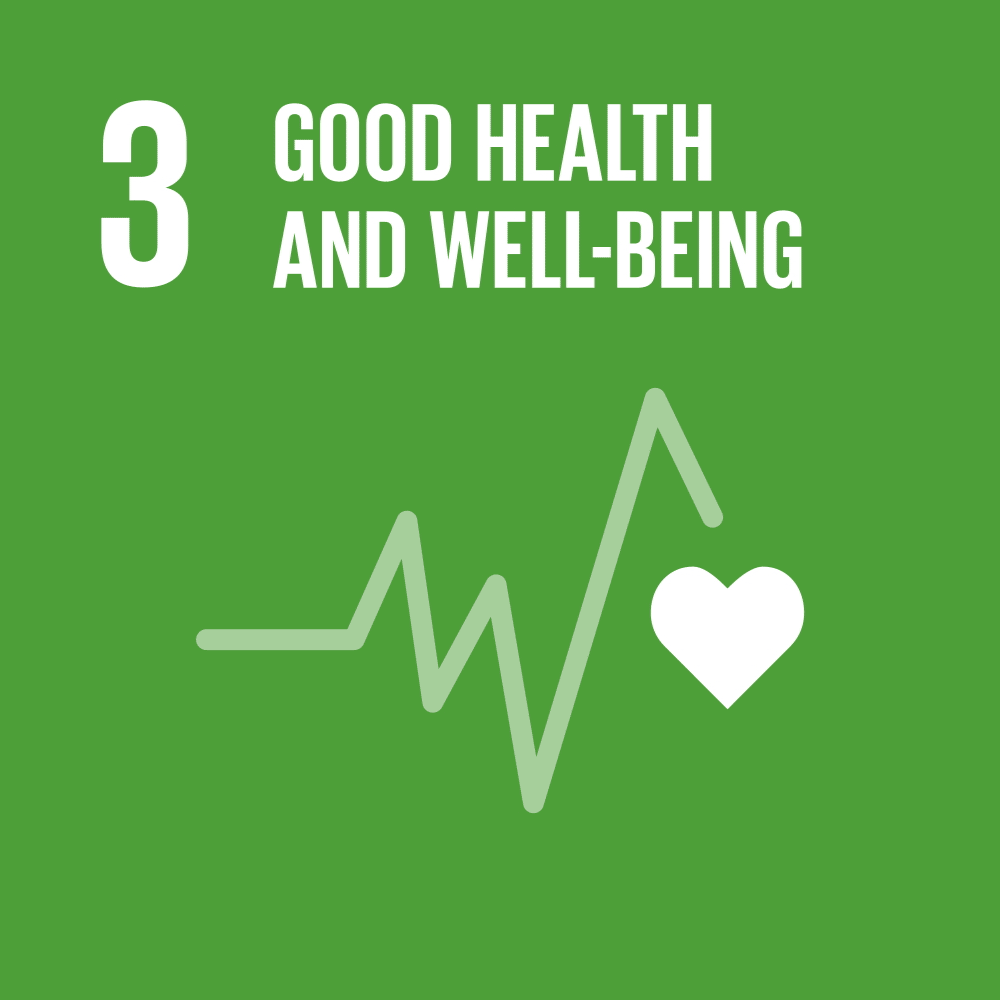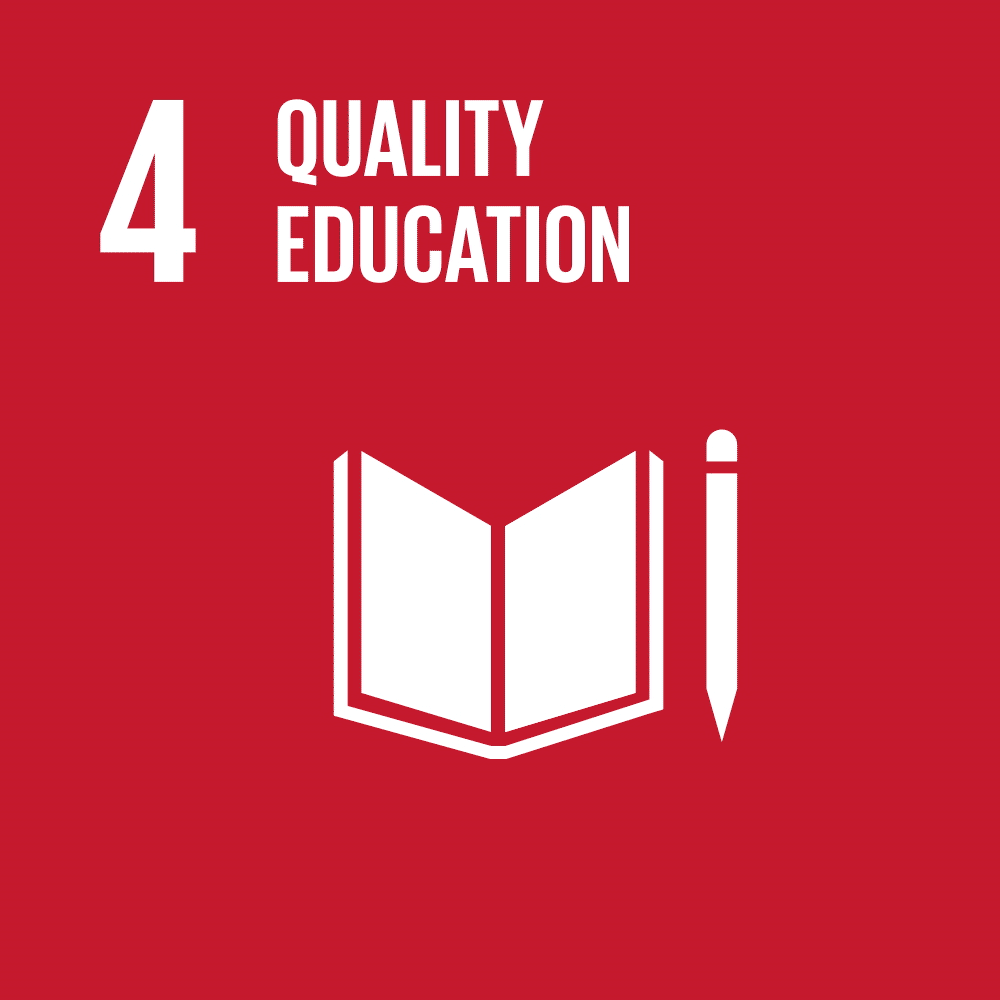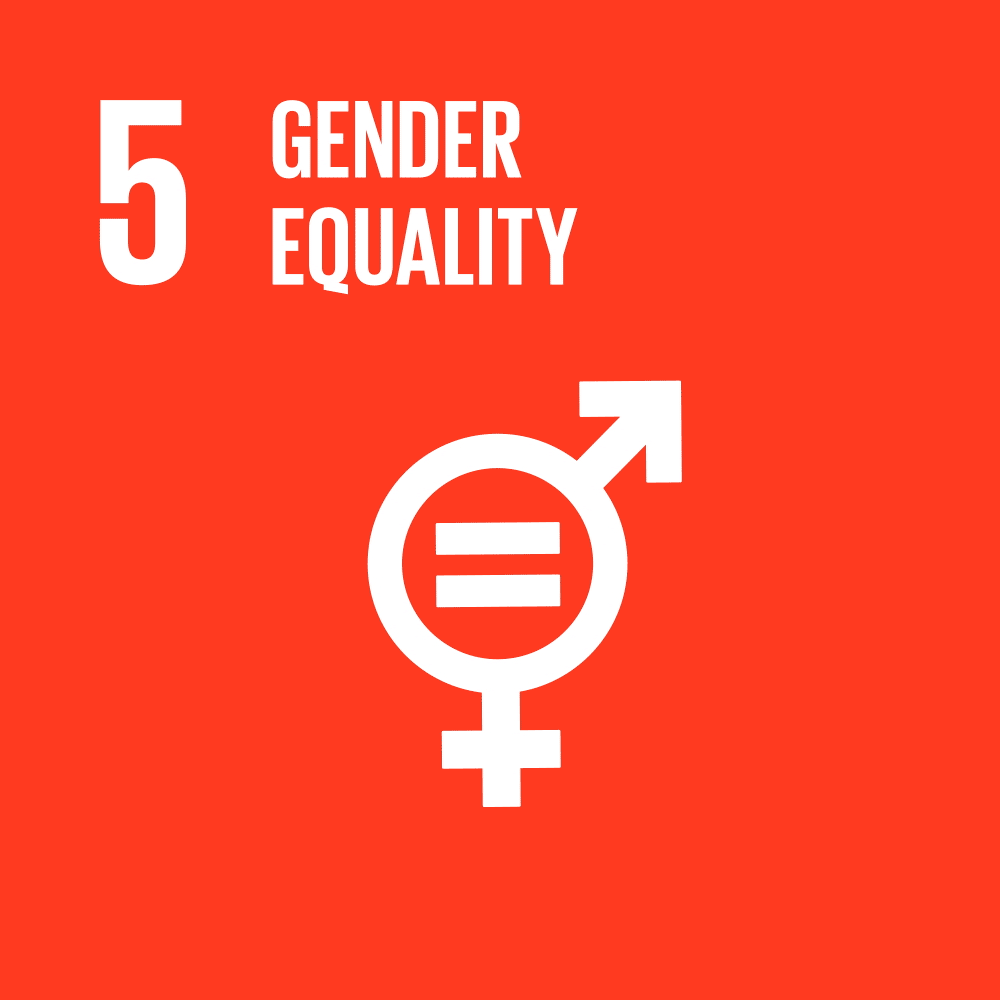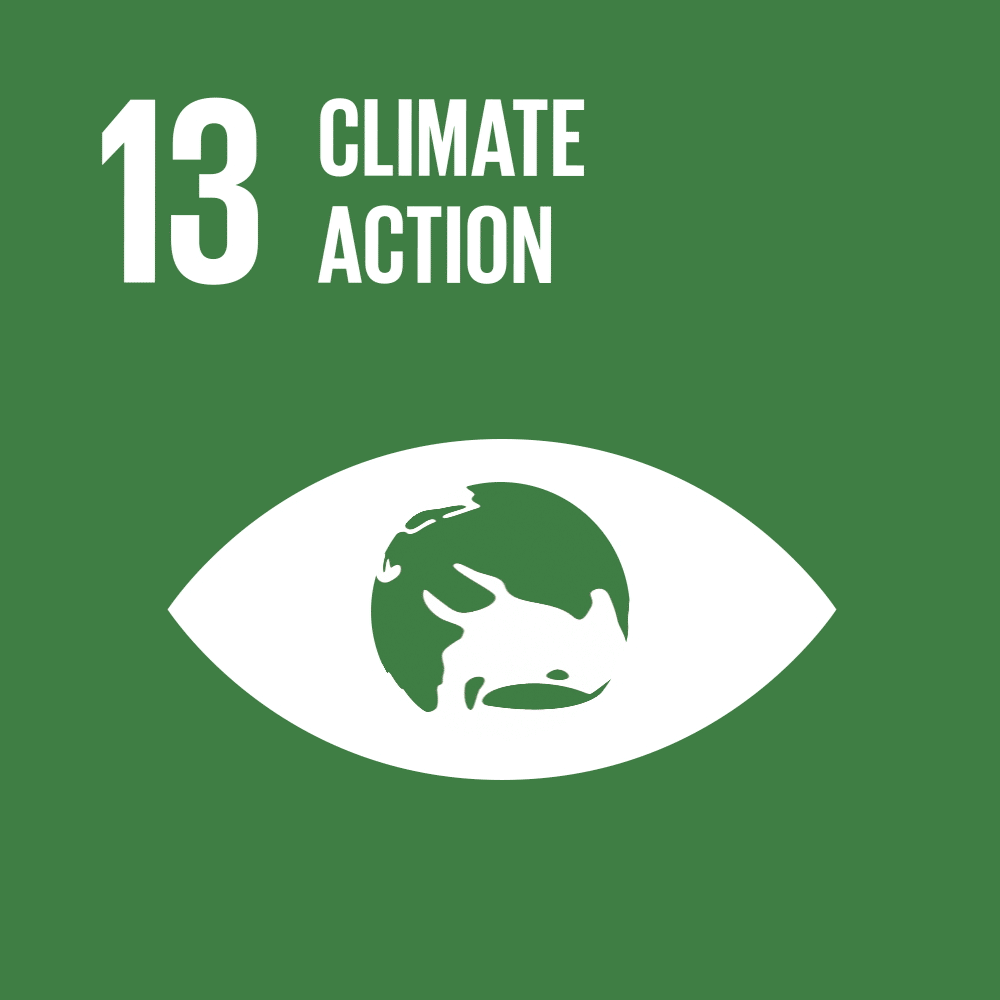
Past
GLC 2022

Between 8-12th December, the Third Annual Global Leadership Challenge (GLC) convened 100 young leaders from over 50 countries in a hybrid conference advancing responsible leadership that makes a difference in the world.
The core theme of GLC 2022 was “A New Generational Contract” and the participants were tasked with creating impact projects focused on one of the four Sustainable Development Goals. To learn from experienced experts in these fields, they engaged in cross-generational dialogues with around 20 Senior Advisors, including Luis Guillermo Solís, the former President of Costa Rica, Justine Sass, Chief of UNESCO’s Section of Education for Inclusion and Gender Equality, and Arunma Oteh, former Vice President and Treasurer of the World Bank.
A diverse team comprised of students and young professionals from three countries was selected as the winner of GLC 2022 for their project Tech-to-Teach – an end-to-end offline education model that seeks to recycle used laptops into learning centers for rural villages, simultaneously reducing global e-waste. They made a compelling case to “source the laptops from the big industries who have policies of replacing laptops when the specs fall below a certain standard, outfit them with offline education software, and change the model from learning content to experiential learning through gamification”.
SDGs in Focus at GLC 2022
Throughout the week-long challenge, GLC participants engaged in cross-generational dialogues with senior leaders, learned from a diverse group of peers, and developed a wide range of action projects focused on one of four Sustainable Development Goals that directly impact their communities around the world.


SDG 3: Good Health and Well-Being
SDG 3 seeks to ensure health and well-being for all, at every stage of life. However, COVID-19 has spread human suffering and upended the lives of billions of people in many ways, including a long-term toll on their mental health. In 2020, the global prevalence of anxiety and depression increased by an estimated 25 per cent, with young people and women most affected. At the same time, countries reported that services for mental, neurological and substance use conditions were the most disrupted among all essential health services, which widened gaps in mental health care.
This situation calls for global attention to expand access to mental health and psychosocial support. Protecting the most vulnerable populations, including young adults and senior citizens, should be a key concern of new mental health and wellbeing initiatives. How might we create timely interventions to deal with pandemic-induced psychological impacts and bring mental health support to the people who need them the most?


SDG 4: Quality Education
SDG 4 seeks to ensure inclusive and equitable quality education and promote lifelong learning opportunities for all. The coronavirus pandemic has accelerated a long-term structural trend in which emerging technologies such as AI become ever more integrated into our daily lives and shape how we work, get around and communicate with each other. It has also boosted the process of automation, replacing some routine jobs, while complementing and adding value to other types of more high-skilled work. This rapid technological change raises fundamental questions about the future role of humans in an increasingly technology-intensive economy and society.
Schools and higher education institutions hold the key to prepare the young generation for this future of work and society, while lifelong learning is key for all generations to reap the benefits of technological transformation. However, in order to play this role, where, how and what we teach and learn will need to change substantially. How might we design new educational models and offerings which will provide us with the skills and competencies needed for a technology-driven future of work?


SDG 5: Gender Equality
SDG 5 aims to achieve gender equality and empower all women and girls. Globally, at the rate of current progress, it will take another 132 years to close the gender gap, in terms of measures such as educational attainment, income and political voice. Today women represent only 26.2% in national parliaments, 36.3% in local governments and 28.3% in managerial positions. Unpaid domestic and care work, the gender pay gap, as well as violence against women are only some of the most pressing challenges to be addressed.
An important pathway through which transformative change may happen is to break the transmission of gender stereotypes from one generation to the next. The way children view gender stereotypes is heavily influenced by how they are raised in families and educational institutions, as gender biases are strongly formed at an early age and difficult to change thereafter. How might we influence negative stereotypes and gender biases within families and educational institutions in order to promote gender equality?


SDG 13: Climate Action
SDG 13 encourages everyone to take urgent action to combat climate change and its impacts. In 2021, global greenhouse gas emissions rose to their highest level ever and, under current commitments, would rise by another 14 percent in the coming decade. Without immediate and deep emissions reductions across all sectors, limiting global warming to 1.5°C is beyond reach. The responsibility of those currently alive to leave young and future generations a healthy environment is an essential component of the generational contract.
In light of the existential risks posed by climate change, millions of people around the world feel climate anxiety and believe that their own actions will not make any difference in light of the immense scale of the crisis. Many others, however, are changing their career and life priorities in order to take concrete actions at local, regional, and global levels. How might we foster a sense of agency and self-efficacy among individuals and communities so that they step up now and take climate actions from where they are?





